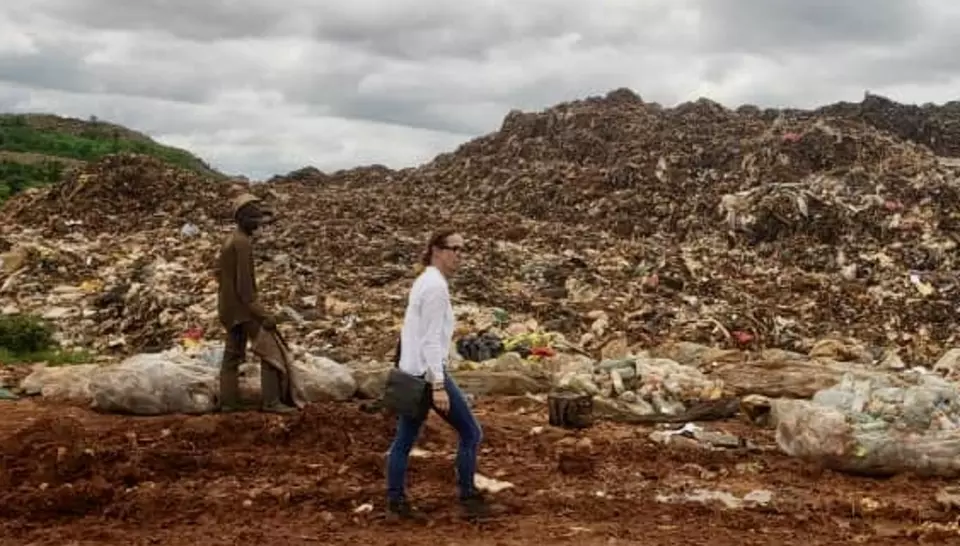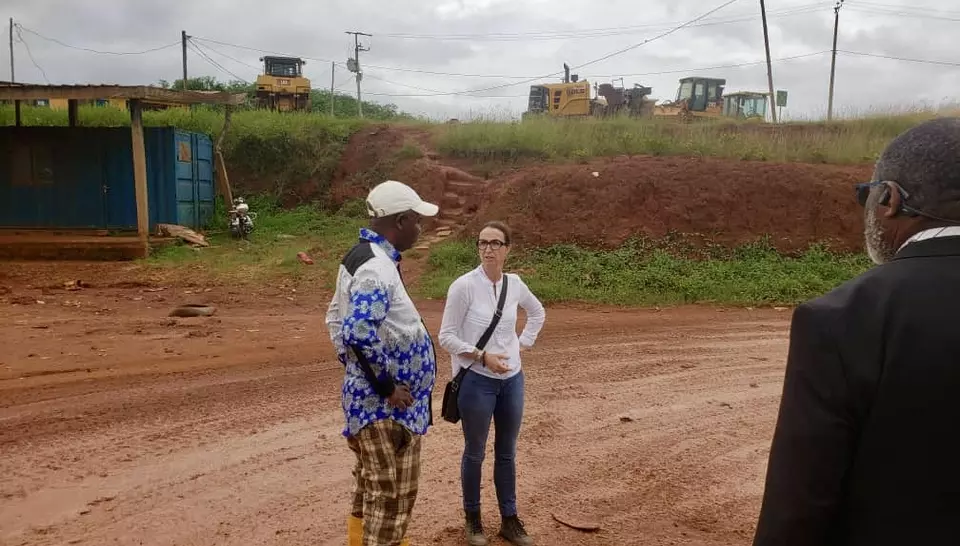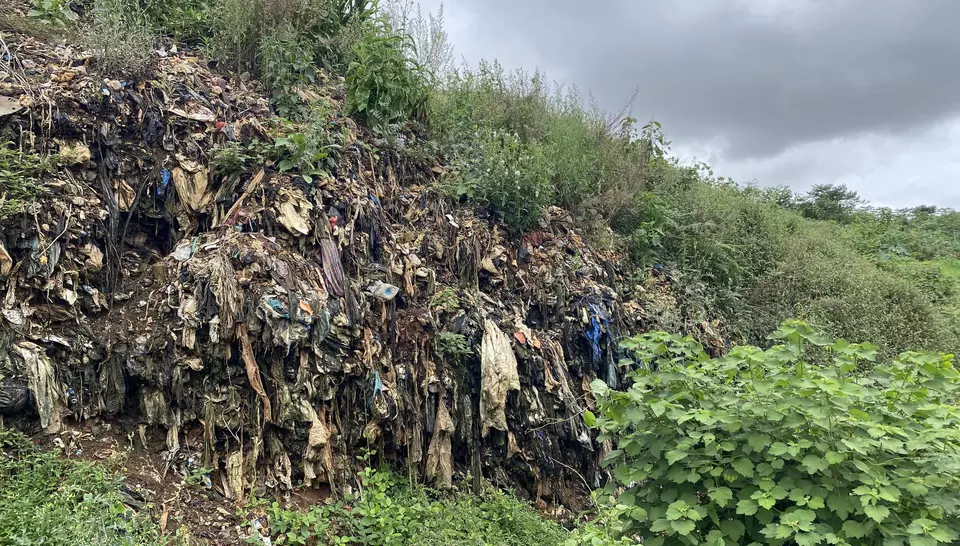Séverine Arnaud and Richard Nana-Dwanang, Veoliaforce volunteers, traveled to Cameroon from July 1 to 9, 2025. Their mission focused on visiting the Yaoundé landfill and assessing street cleanliness, and ultimately expanded to include extensive participation in World Habitat Days on solid waste management, which took place in Bafoussam.
The two experts were a driving force in improving waste management in the city, responding to a request from Célestine Ketcha Courtès, Cameroon's Minister of Housing and Urban Development.
You traveled to Bafoussam, Cameroon, for World Habitat Day. How did this mission come about?
Séverine Arnaud: Through preliminary discussions, and ultimately a lot of work in the field! Célestine Ketcha Courtes, Cameroon's Minister of Housing and Urban Development, asked the Veolia Foundation to conduct an audit of solid waste management in Yaoundé, the capital. I was assigned to respond to this request, and it just so happened that my trip to the site coincided with World Habitat Day, an event hosted by Cameroon. The mission took on a whole new dimension!
How so?
SA: I ended up participating fully in World Habitat Day, which was not initially planned. From visiting a landfill site to support development projects, I ended up participating in an international event on urban cleanliness management. Everything came together very quickly with the same continuum: better waste management means avoiding pollution, the spread of pathogens, etc. During these few days of events, I compiled a white paper with a number of recommendations and best practices to be implemented because they have already proven their worth. This was enough to raise awareness among elected officials and representatives of public authorities about the benefits of better waste management.
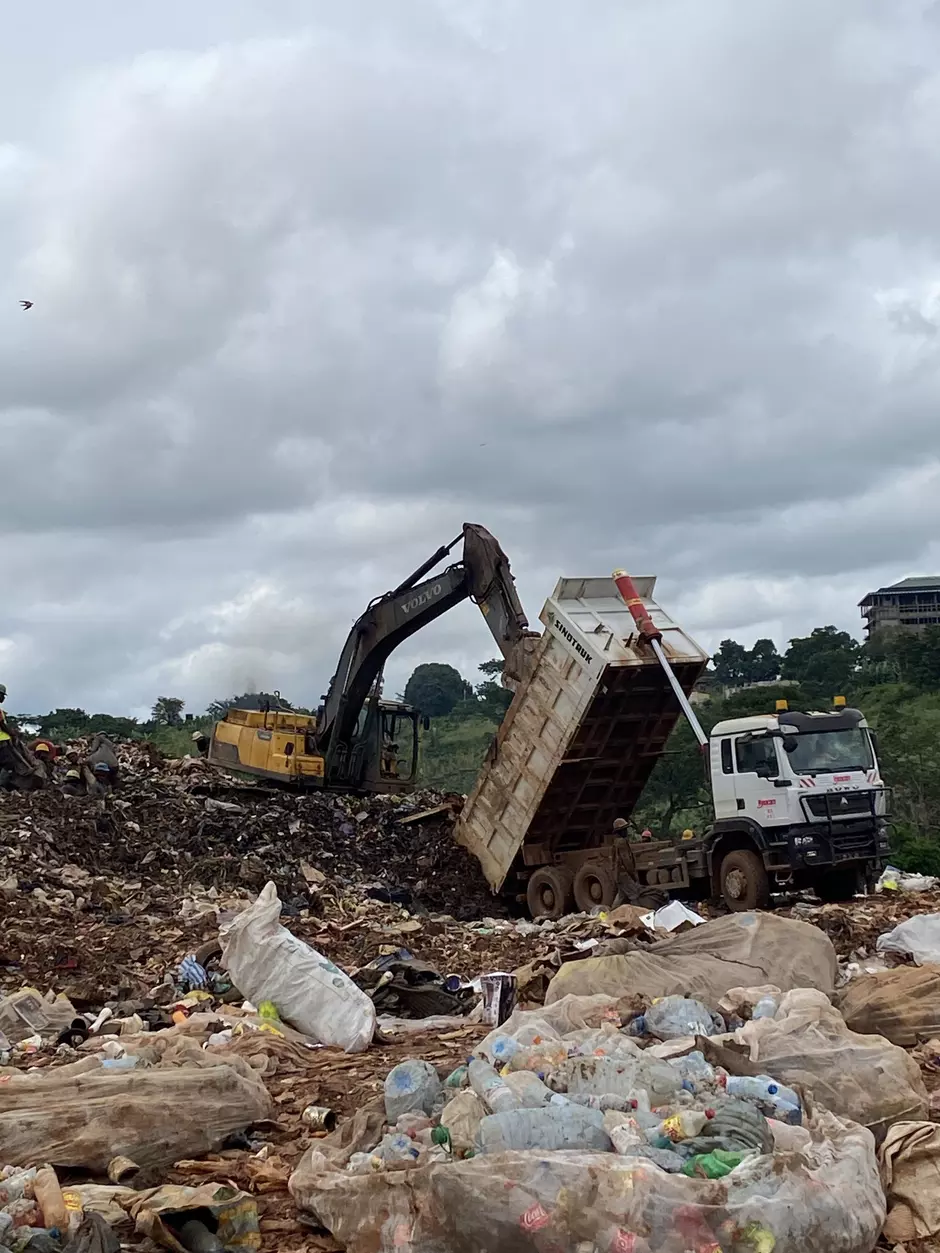
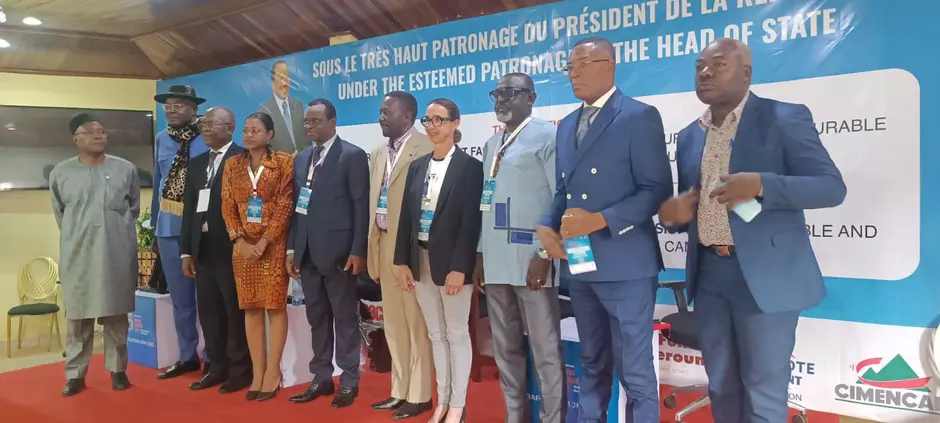
The mission focused on visiting the Yaoundé landfill site and ultimately expanded to include broad participation in World Habitat Days on solid waste management.
And the visit to the Yaoundé landfill?
SA: That took place a few days later. The aim was to audit the current infrastructure with a view to opening a second landfill site in the near future. It is estimated that Yaoundé generates 3,000 tons of waste every day, half of which is currently processed. The advantage of a second site is that it would limit the cost of collection, which would then take place over shorter distances, also generating less CO2. The other challenge relates to public health: better waste management means avoiding pollution of the water table and, more generally, of Cameroon's water resources. The recommendation also has a social component: as is often the case in waste and machinery, informal recyclers try to sort out what is valuable, at the expense of their own safety.
What do you propose in this regard?
SA: I am inspired by what has already been implemented in Colombia to recommend a different way of working, providing them with a safe place and a set amount of time to sort the waste before it is reloaded and sent to landfill. In the same vein, I have proposed bringing them together in a cooperative so that these “informal” workers can become formal workers, bringing them out of the shadows and into the light, so to speak, and showing that this profession creates value.
You are also an ambassador for the Veolia Foundation for waste management professions. What does that involve?
SA: For me, the idea is to act as a relay for the Foundation to strengthen its action in these professions, which I know well. Initially, I am keen to raise awareness of the Foundation and its skills sponsorship program among Veolia entities in the waste management sector. The medium-term goal is to be able to identify the right expert to meet the needs expressed each time the Foundation is approached by one of its partners. Being useful remains essential.
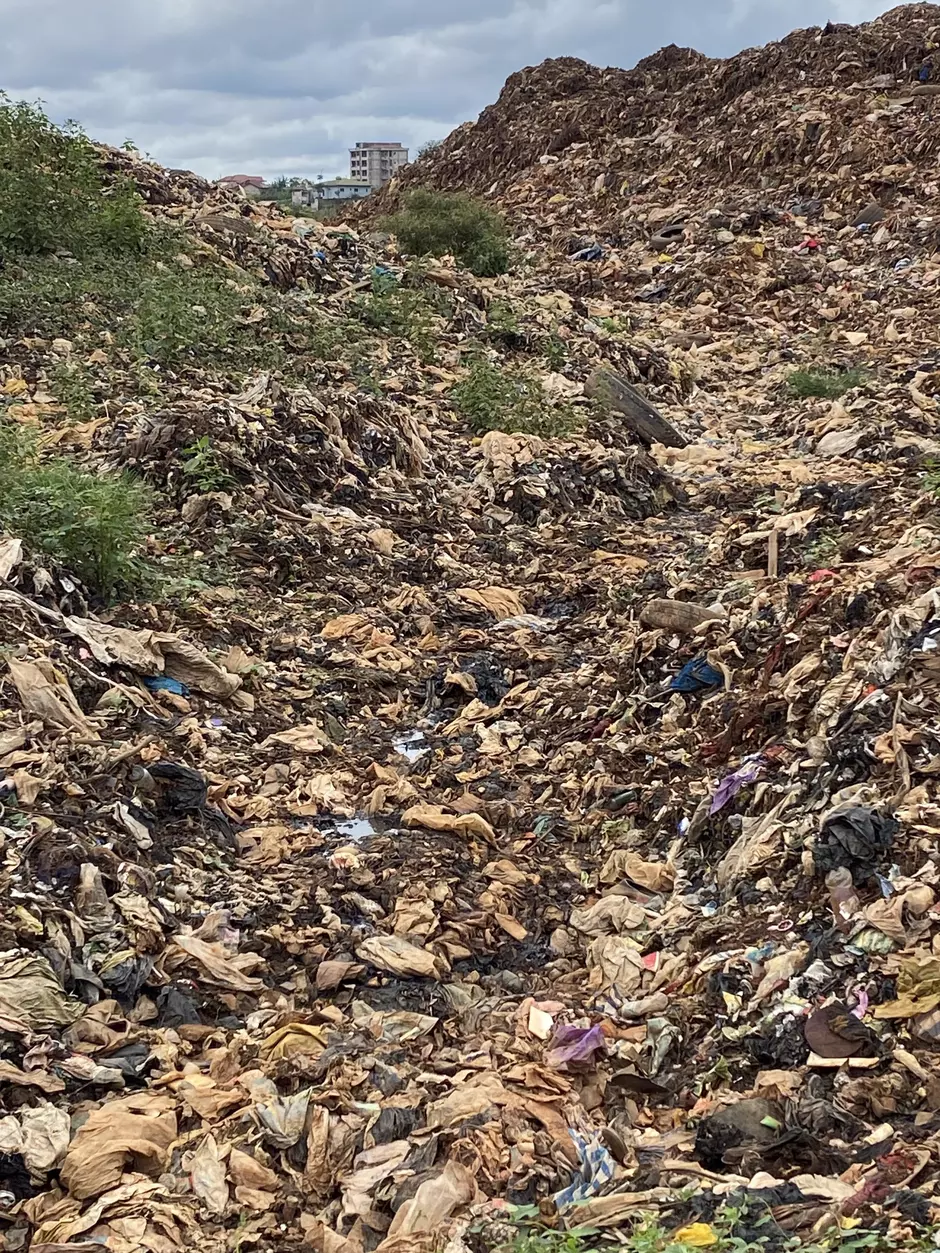
Exploratory topics Cleanliness at the Veolia Foundation
With Médecins Sans Frontières France, Valérie Gauthier, a Veoliaforce volunteer from Veolia RVD Ile-de-France, is working on the management of medical waste and WEEE (waste electrical and electronic equipment). In other regions, and again with humanitarian partners, Romain Duthoit (already working in Mauritania) and Séverine Arnaud are studying the closure of an uncontrolled landfill site to open a controlled site. Improving waste collection and treatment in camps for displaced persons/refugees is also a subject of study.



